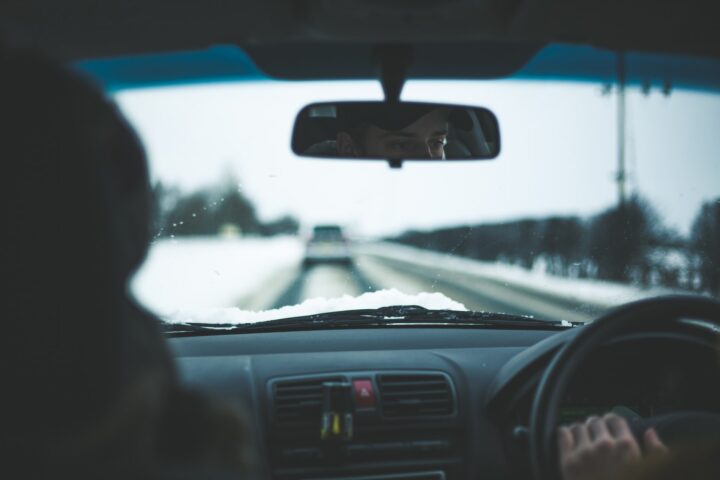Tips for Planning a Winter Road Trip
The winter is nearly upon us, and with it the festive season – a time for gathering, for seeing long-lost friends and long-missed family, and for sharing in all the warmth and love that the giving season brings. The winter is also a popular time for travel, whether road tripping back across the country to re-join family or setting off on a wild adventure with family and friends in tow.
Whatever your motivations for a winter road trip, it is important to recognise the increased risks inherent to winter travel. The colder temperatures and inclement weather increase the number of hazards you experience on the road, and potentially increase your likelihood of suffering an accident during travel.

While this certainly should not be enough to dissuade you from your travel plans, it should be enough for you to plan ahead and ensure you are as safe as you can possibly be. With this in mind, what are some essential tips for planning your winter road trip with safety as a priority?
Checking Your Car
Before you start to load up your car and set off, you should undertake a number of safety checks to ensure your car is indeed safe to drive. An annual service may be a good shout for this, in order for a licensed mechanic to ensure that everything is ship-shape – but with the cost-of-living crisis as it is, many motorists are putting off servicing trips for the sake of their budget. Thankfully, there are some simple checks you can perform yourself that cover the bases.
For one, you should check your tires. Colder temperatures reduce air pressure in your tyres, which can lead to sluggish steering and even tyre damage if left unattended. Pumping your tyres back up to just below their recommended PSI should keep them ship-shape, while also giving you a little more traction in icy conditions.
Car batteries are the next most important thing to check; a dead battery part-way through a winter road trip is a recipe for disaster. Cold weather can affect the chemicals inside the battery, reducing the amount of available charge and potentially killing them altogether. If your battery does not have much charge, replacement may be necessary.
Packing Warm
It is essential that your packing takes into account the temperatures you might face on the road. Even if your road trip is less than a day’s driving, there is no telling what could happen or how long you could inadvertently spend in your relatively cold cockpit. This is doubly important for camping trips or overnight stays, where dropping temperatures can be seriously dangerous.
Extra layers are a must, as are extra throws and blankets in case you are forced to spend a longer time than anticipated waiting in your car. Hand-warmers can also be a lifesaver, particularly for extended periods of driving; keeping your extremities warm means you can keep better control over your vehicle.
Emergency Kit
Lastly, in line with the above, your car should also be packed in preparation for the worst. This means bringing tools and equipment in the form of an emergency kit. Such a kit might include ice scrapers, sockets for tyre replacement, spare food and torches.


